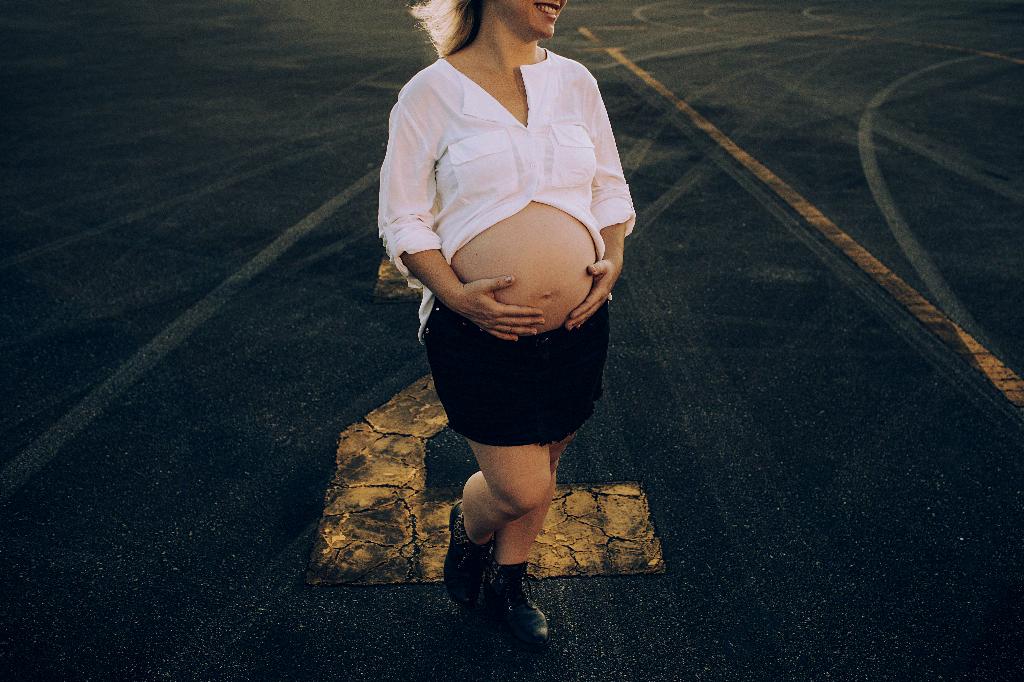When it comes to the topic of rectal bleeding during early pregnancy, it is essential to consider the various factors that can contribute to this occurrence. While experiencing red poop can be alarming for expecting mothers, it is crucial to understand the potential reasons behind this symptom.
Physiological Changes in Pregnancy
Pregnancy brings about a myriad of physiological changes in a woman’s body. The increased blood flow, hormonal fluctuations, and the pressure exerted by the growing uterus can all play a role in causing rectal bleeding.
Common Causes of Rectal Bleeding
One of the most common reasons for rectal bleeding in early pregnancy is the presence of hemorrhoids. These swollen blood vessels in the rectal area can be exacerbated by the increased pelvic pressure during pregnancy, leading to bleeding during bowel movements.
Anal Fissures and Pregnancy
Another potential cause of red poop in early pregnancy is anal fissures. These small tears in the anal lining can result from straining during bowel movements, which may occur due to changes in bowel habits or the presence of hemorrhoids.
Importance of Seeking Medical Advice
While rectal bleeding during early pregnancy is often benign and related to common conditions like hemorrhoids and anal fissures, it is crucial for pregnant women to seek medical advice to rule out more serious issues such as gastrointestinal bleeding.
Monitoring Symptoms
It is essential for pregnant women experiencing rectal bleeding to monitor their symptoms carefully. If the bleeding is persistent, severe, or accompanied by other concerning symptoms such as abdominal pain or dizziness, seeking prompt medical attention is crucial.
Management of Hemorrhoids
For pregnant women dealing with hemorrhoids, there are various management strategies that can help alleviate symptoms and reduce the likelihood of rectal bleeding. These may include dietary modifications, adequate hydration, and the use of topical treatments.
Preventing Anal Fissures
To prevent the development of anal fissures during pregnancy, it is important to maintain good bowel habits, such as avoiding straining during bowel movements, staying hydrated, and consuming an adequate amount of dietary fiber.
Consulting a Healthcare Provider
If rectal bleeding persists or worsens despite home care measures, it is advisable for pregnant women to consult their healthcare provider. A thorough evaluation can help determine the underlying cause of the bleeding and guide appropriate treatment.
Emotional Well-being
Dealing with rectal bleeding during pregnancy can be emotionally challenging for many women. It is important to prioritize self-care, seek support from loved ones, and communicate openly with healthcare providers to address any concerns or anxieties.
Final Thoughts
In conclusion, rectal bleeding during early pregnancy can be attributed to various factors, including hemorrhoids, anal fissures, and the physiological changes associated with pregnancy. While often benign, it is essential for pregnant women to stay vigilant, seek medical advice when needed, and prioritize their well-being throughout their pregnancy journey.

